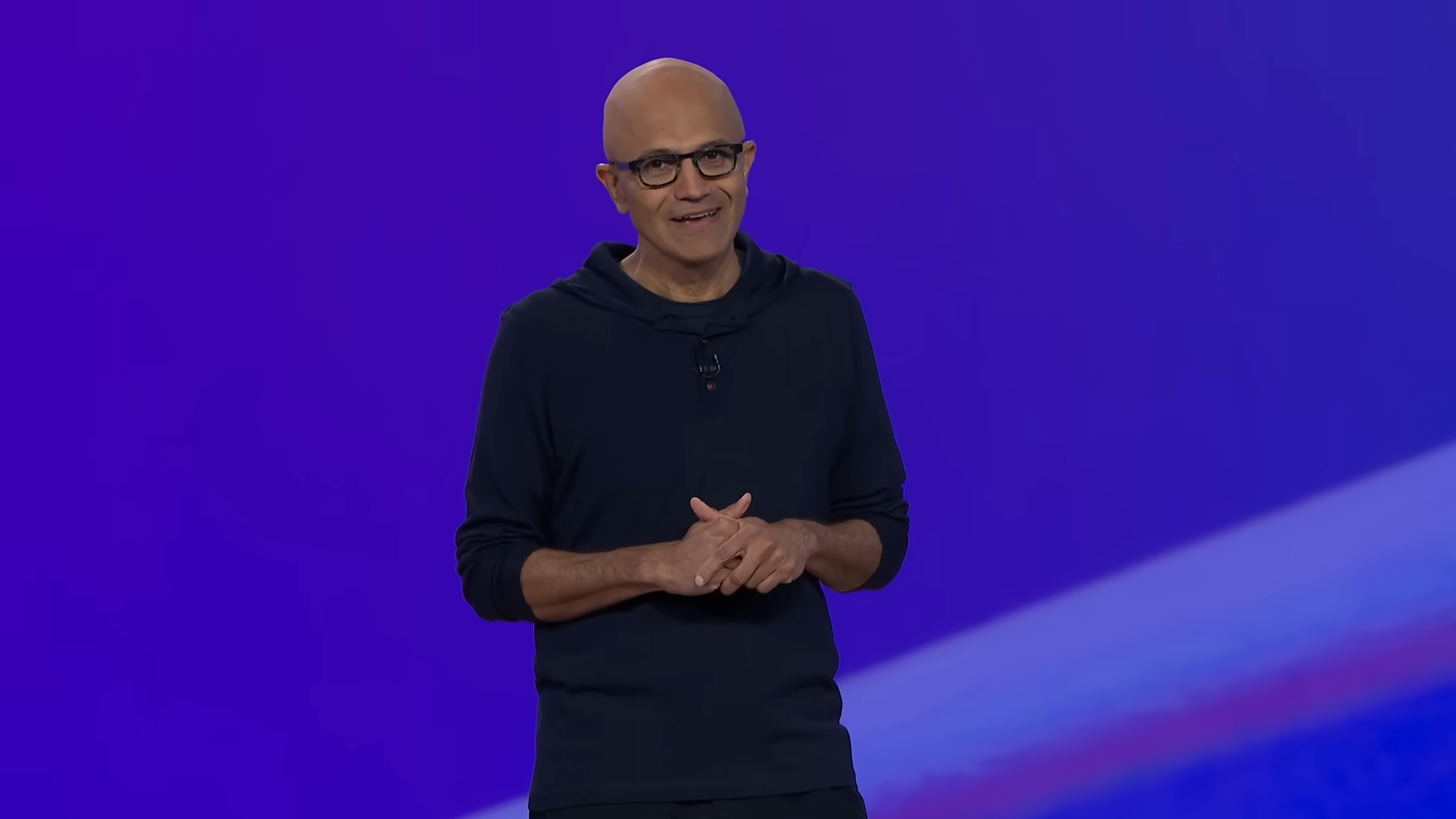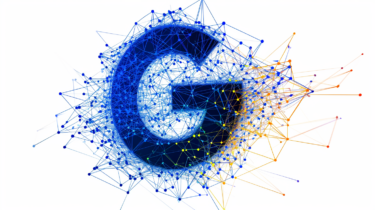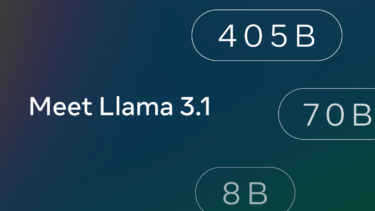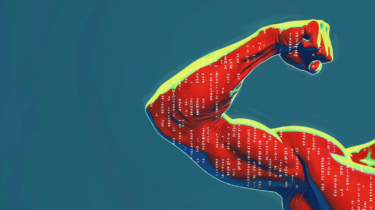Just days after OpenAI pitched its new AI model as a personal assistant like in the movie Her and as particularly emotional, Microsoft CEO Satya Nadella is making a pointed counterargument.
"I don't like anthropomorphizing AI," Nadella told Bloomberg. AI is a tool, he said, and should not be described in terms typically used for humans.
It's interesting to see the differing views of Microsoft and the "miraculous" (Sutskever) startup OpenAI, in which Microsoft reportedly holds a 49 percent stake.
That's because OpenAI was very much in the business of anthropomorphizing, or describing human characteristics to a machine, when it presented the audio capabilities of its GPT-4o multimodal model.
The company wanted to show that it was possible to talk to a machine like a human. For example, OpenAI demonstrated how the machine could change its voice on demand to sound more emotional, doing exactly what Nadella criticizes.
The whole show felt oddly gimmicky, focusing only on the technical capabilities without demonstrating any significant real-world implications (besides the general implications of LLMs, which are still somewhat up in the air).
On the sidelines of the GPT-4o launch, OpenAI CEO Sam Altman tweeted "her," referring to the sci-fi film of the same name in which a human falls in love with an AI voice. A tweet that could cost the company dearly, as US actress Scarlett Johansson believes her personal rights have been violated by OpenAI using a voice similar to hers, while clearly referring to her by referring to "Her".
Nadella did the opposite, insisting to Bloomberg that AI's capabilities are not comparable to human intelligence. "It has got intelligence, if you want to give it that moniker, but it’s not the same intelligence that I have," he said.
He also regrets the choice of the term "artificial intelligence", which has been established since the 1950s.
"I think one of the most unfortunate names is 'artificial intelligence' — I wish we had called it 'different intelligence'," he said. "Because I have my intelligence. I don’t need any artificial intelligence."
John McCarthy defined AI in 1956 as "the science and engineering of making intelligent machines", i.e. as a field of activity for researchers and engineers.







